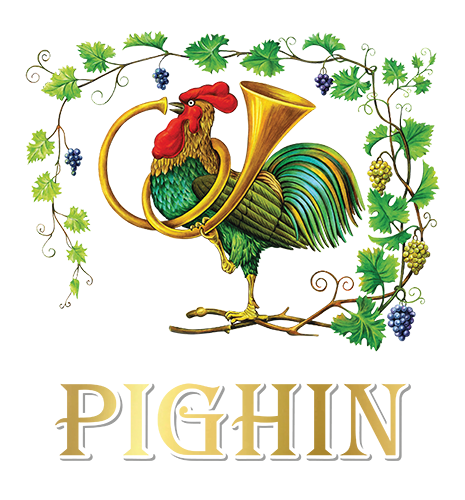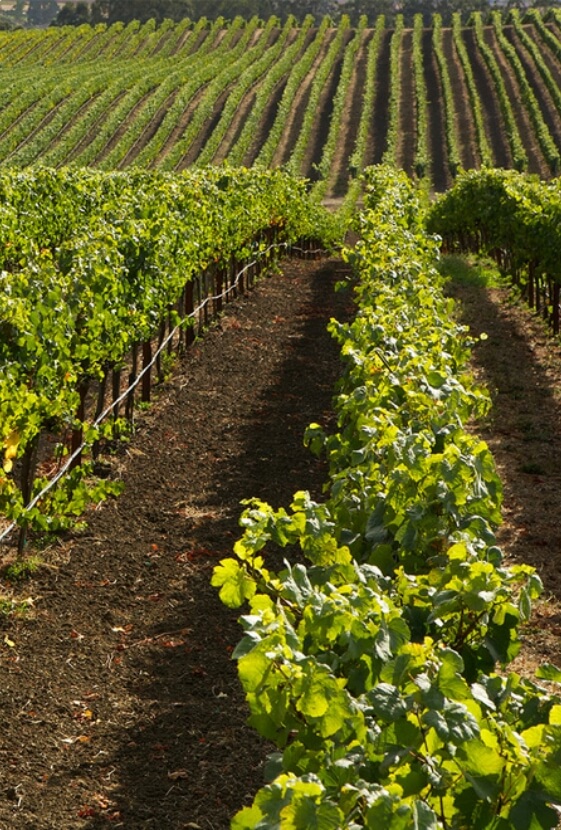
About the Brand
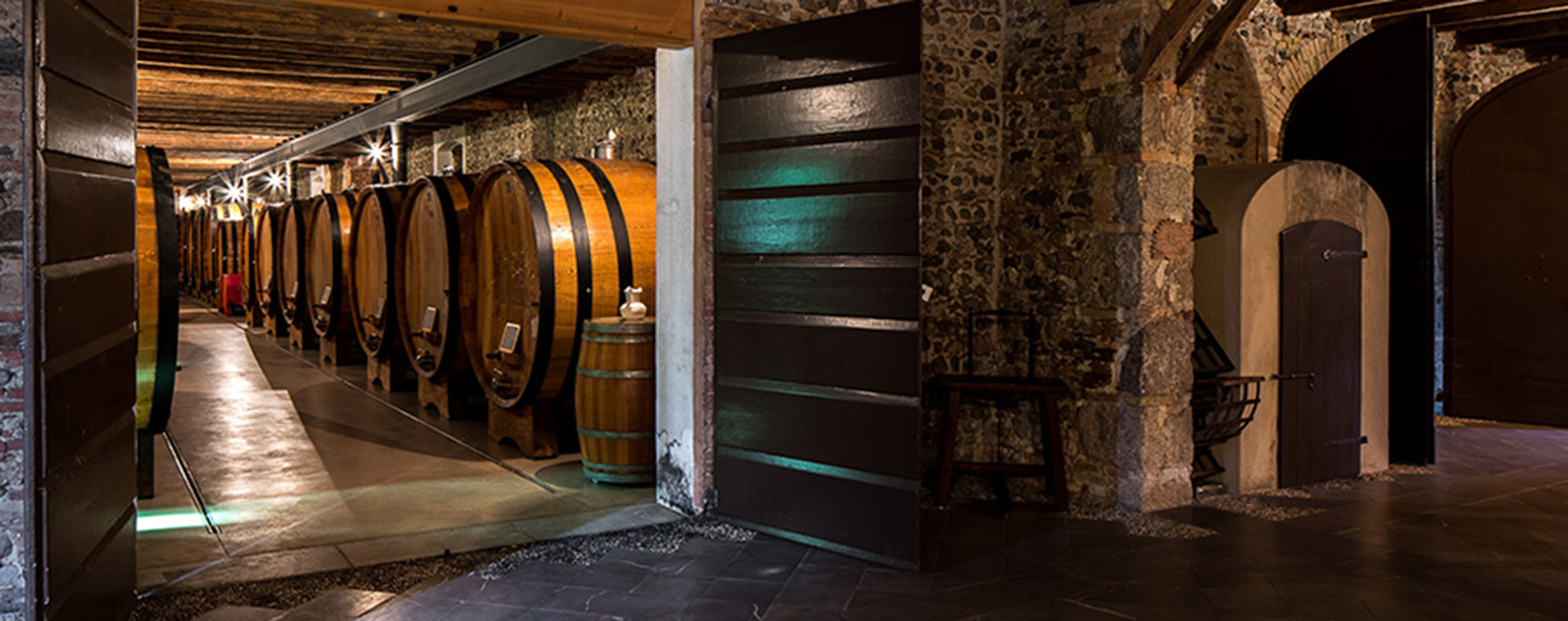
Points of Distinction
- Produces two of the most highly regarded Pinot Grigios in Friuli, from two of the best properties in the area
- Located in Friuli, considered among the most technically advanced regions and the most expressive of terroir
- Vineyard yield restricted to less than that permitted under DOC law to enhance varietal character, concentration and quality of fruit
- To ensure control over fruit quality, Pighin rarely buys fruit from outside the estate.
- A family-run estate since 1963
In Friuli, the northeast Italian wine region considered among the most technically advanced and expressive of terroir, Fernando Pighin & Figli has seamlessly combined technical expertise with respect for tradition in the production of complex, highly regarded Pinot Grigio.
Fernando Pighin & Figli was founded in 1963 when brothers Ercole, Luigi and Fernando Pighin acquired a 500-acre estate in the DOC Grave-del-Friuli zone from an aristocratic Friulian family. The vineyard acreage belonging to the property had for several generations been farmed by 25 families under the former proprietor’s management.
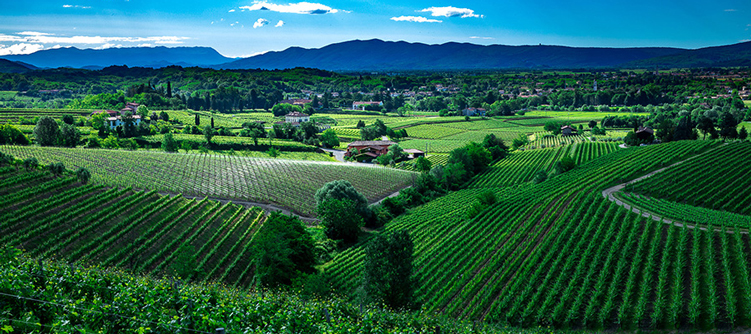
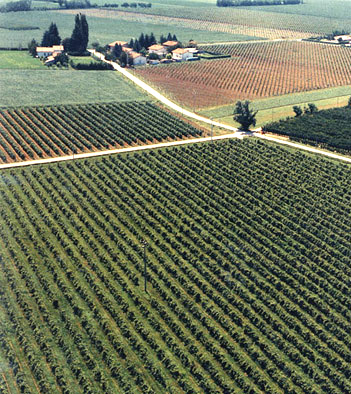
Development of the Estate
The Pighins’ transformation of the estate began in 1964, when a reconstruction restored the property to vineyards (70 percent) and apple and pear orchards (30 percent). New administrative offices and cellars in Risano were completed in 1967. With considerable subsequent investment, this winery and cellars have remained among the most technologically advanced in Friuli.
In 1968, a further 75 acres of vineyards were acquired at Spessa di Capriva, in the tiny, prestigious DOC Collio zone, expanding the company’s portfolio to encompass a full range of fine, classic wines from the two finest viticultural growing areas in Friuli.
In 2004 management of the family business came entirely under the control of Fernando Pighin and his wife Danila, son Roberto and daughter Raffaella. Today, 90% of the property is vineyards and 10% remains orchards.
A Resurgence in Friuli
The framework of the Fernando Pighin & Figli story is the same as the story of the Friuli region’s enological reinvention starting in the early 1970s. Partly as a result of its total regeneration following the Second World War, and partly due to the vision of its people, the region of Friuli-Venezia-Giulia was rebuilt from scratch into what is today Italy’s most technically and commercially advanced wine producing area. The phylloxera crisis of the late 1800s, followed by two World Wars that were particularly destructive in northeastern Italy, set back viticulture so severely that the wine industry seen in Friuli today has been developed largely in the postwar years. The recent and radical nature of this reconstruction is responsible for the extremely high level of technology evident in the region’s viticultural facilities, a factor that has contributed significantly to the superior quality of its wines.
Voluntary Quality Measures
To meet their own quality standards in their wines, Pighin voluntarily restricts its vineyard yield to 75% to 80% of that permitted under DOC law, to enhance varietal character, concentration and quality of the fruit. Only under circumstances of the most unusual shortage are any grapes purchased from other producers, although legally in a given vintage up to 25% of an estate-bottled wine may be produced from grapes from other than the proprietor’s own vineyards. Adherence to estate bottling in this narrowest sense of the term affords the highest possible degree of control over the quality and consistency of the finished wine.






